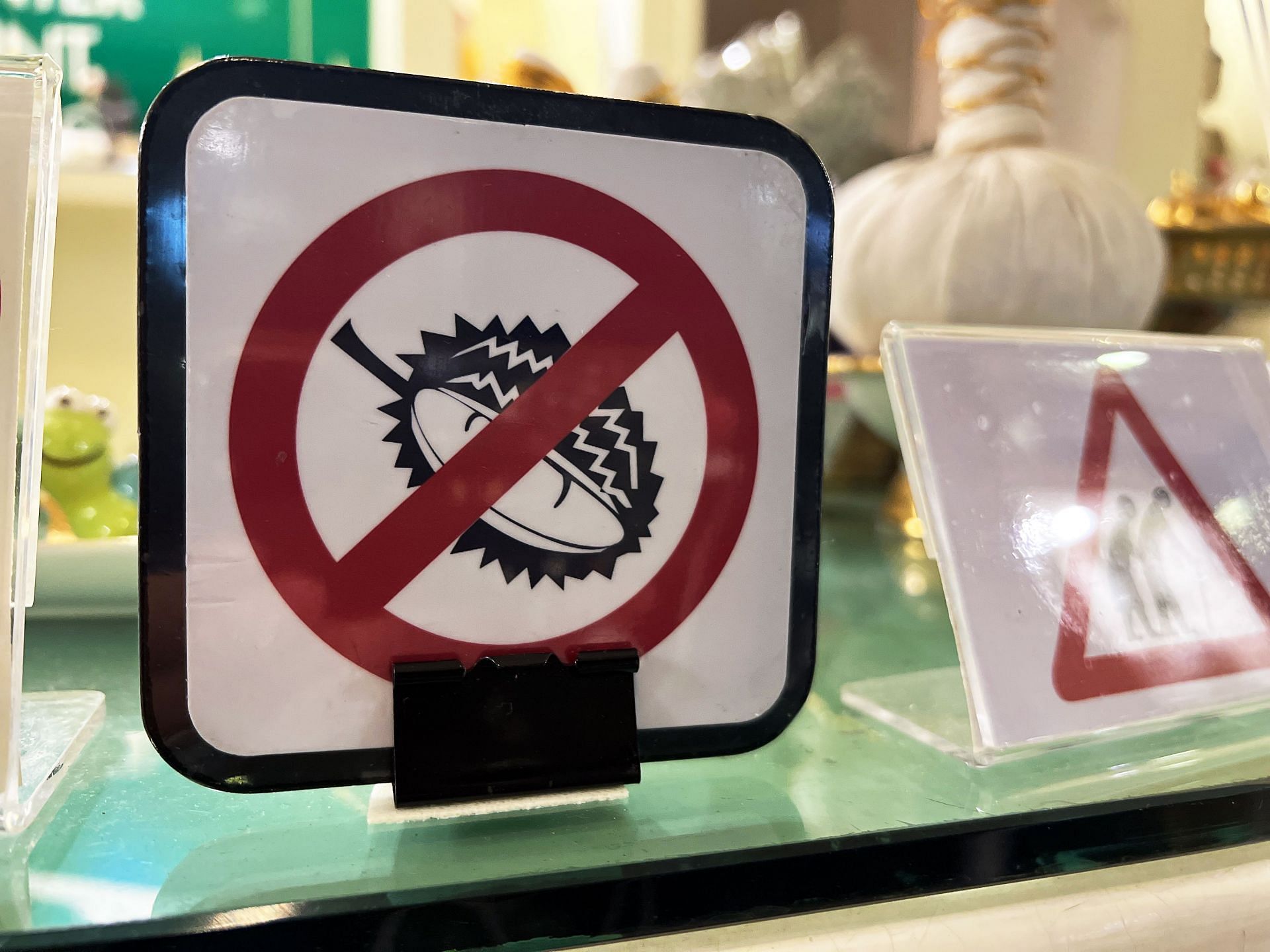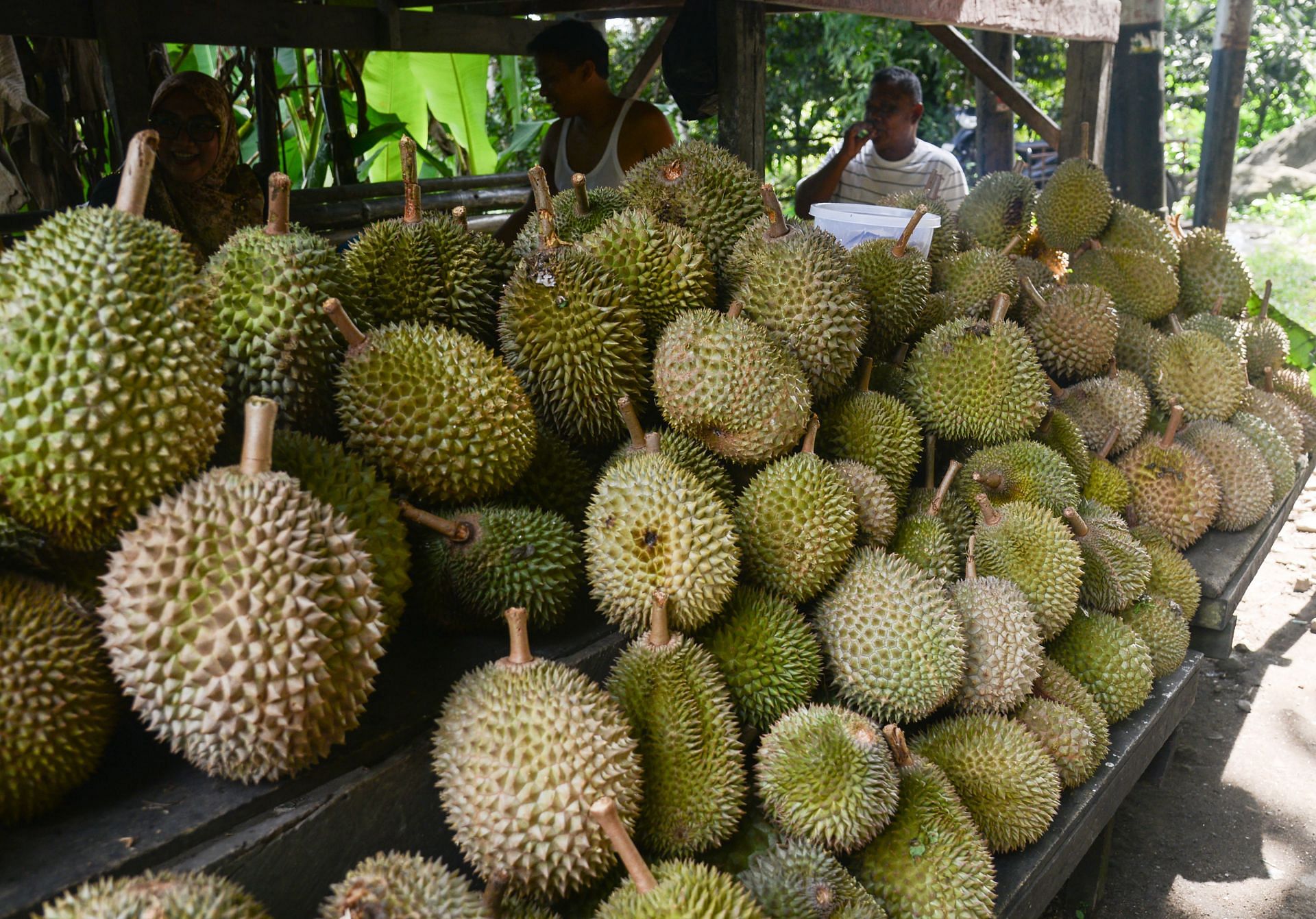
5 foods you didn’t know were banned in some countries
Some foods that are often linked to health, safety, or cultural factors are banned around the world. Some restrictions may seem obvious and make sense - like banning food items due to the presence of toxins - but others might seem a bit surprising and unexpected. Everyday foods that may seem completely normal in one region or country may be frowned upon or illegal in another country due to historical traditions, strict regulations, or even public perception.
While some banned food items, like the US restriction on unpasteurized cheese, are well-known, others, such as the ban on ketchup in French schools or chewing gum in Singapore, are lesser known.
From controversial fruits to childhood-favorite snacks, here are five foods that have been banned in certain countries and the reasons why they were prohibited.
Ketchup - Restricted in French Schools
The French are known to be deeply proud and protective of their culinary heritage. France prides itself on a long-standing tradition of balanced, artisanal cooking. Despite the popularity of ketchup worldwide, the French saw it as a threat to traditional French cuisine.

In 2011, the French government restricted the use of ketchup in school cafeterias, allowing it only when served with French Fries. This law was meant to encourage younger people to appreciate the flavors of French cooking, instead of the sweet and tangy flavor of processed condiments, and had nothing to do with health concerns. It was about preserving traditional culinary values.
While some saw the ban as an overreaction, some supported the move, arguing that fast-food culture was diluting the knowledge and appreciation of French culinary traditions. The restrictions are still in place in several schools in France.
Ketchup has seen controvery elsewhere as well. It was banned in canteens at training facilties in several Premier League clubs in Britain because of its high sugar content. In Israel, Heinz had to rebrand its ketchup as 'tomato seasoning' in 2015 after the ketchup failed to meet the minium tomato concentrate requirement.
Read more: 5 strange celebrity-loved food combinations
Chewing Gum - Completely Banned in Singapore
Singapore banned chewing gum in 1992 as part of a broader effort to maintain cleanliness and reduce littering. The country is famous for strict laws agaisnt public disorder and vandalism, and chewing gum was seen as a significant nuisance, as people stuck them on sidewalks, subway doors, and public benches among other spots.

While all forms of regular chewing gum remain banned in Singapore, an exception was made in 2004 for therapeutic gums, such as nicotine gums that are used by people trying to quit smoking. However, even such chewing gums require a prescription and can only be sold by pharmacists.
Kinder Surprise Eggs - Illegal in the United States
Kinder Surprise eggs, the chocolate treat with a small toy inside, have been banned in the US for decades due to child safety concerns, while they remain popular in Europe. The main concern is the risk of choking for children.
The US Food and Drug Administration department (FDA) prohibits the disrtribution of any food item containg a "non-nutritive" object, meaning the plastic toy inside the Kinder Surprise Eggs make the treats illegal
In response to the ban, Ferrero introduced the Kinder Joy in 2018, which has the chocolate and the toy in separate halves unlike the Kinder Surprise, eliminating the risk of choking.
Haggis- Banned in the United States
Scotland's national dish, haggis, has been banned in the United States since 1971 due to its core ingredient: sheep lungs. The US Department of Agriculture (USDA) prohibits the consumption of animal lungs due to health risks associated with potential fluid contaminations during slaughter.
Haggis is a savory pudding made from minced sheep's heart, liver, and lungs mixed with oats, onions, and spices, all cooked in a sheep's stomach. Traditionally, it is served with mashed potatoes and turnips. While Americans of Scottish descent and foodies are unhappy with the ban, many find the idea of eating sheep lungs unappealing. The ban remains in place as of 2025.
Durian- Banned on Public Transport in Several Countries
Durian, also known as the "king of fruits", is infamous for its overpowering smell. People have described the smell of durians as a mix of rotten onions and sewage. Those who have tasted durian despite the smell describe the fruit as having a rich, custard-like texture and lovely, complex flavor profile.
Durian's odor is so strong and repulsive that the fruit is banned on public transport in several countries, including Singapore, Thailand, Japan and Hong Kong. Several hotels and apartment buildings in these countries also have "No Durian" signs posted at their entrance.

Durian is a popular fruit in Southeast Asia, where its used in desserts and savory dishes alike. It is packed with nutrients and is believed to have health benefits as well. However, the polarizing smell of the fruit makes it a controversial fruit worldwide. People who enjoy durian argue that the bans are unnecessary and exaggerated and that the fruit's flavor far outweighs its odor. However for those unfamiliar with durian, the smell can be near unbearable- so much so that the fruit is sometimes avoided by locals as well.
Some food bans may seem unusual, but they show the fascinating way in which culture, health, perception, and regulation intersect. What one country may call a delicacy, another might deem unsafe or disruptive. Sometimes, these restrictions are based on health concerns, like the ban on the Kinder Suprise Egg in the United States, while others, like the restriction on chewing gum and durian in public spaces in Singapore, are about maintaining public order.
At the heart of these bans is how food shapes identity and public policy. Some restrictions, like those on haggis or certain dairy products, are debated- are they truly necessary? On the other hand, restrictions on artificial additives such as flavors and colors refelt the growing awareness surrounding health risks and wholesome eating habits. As a global food trend, some of these bans may be lifted, while new ones might be put in place,